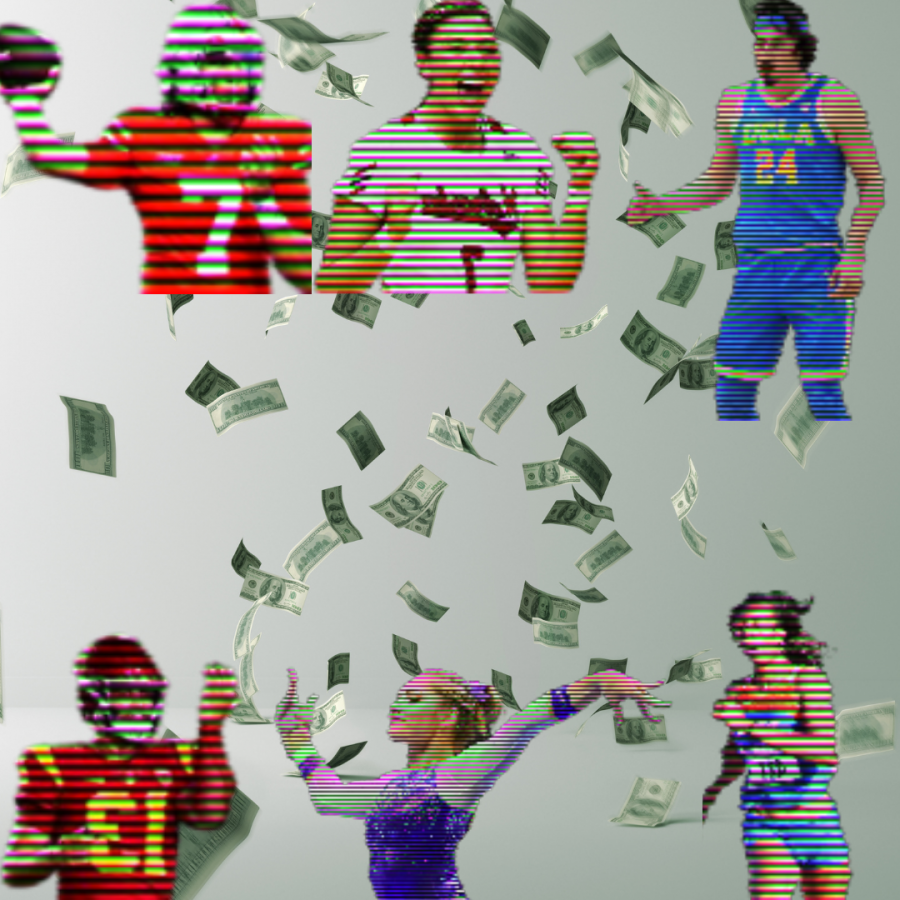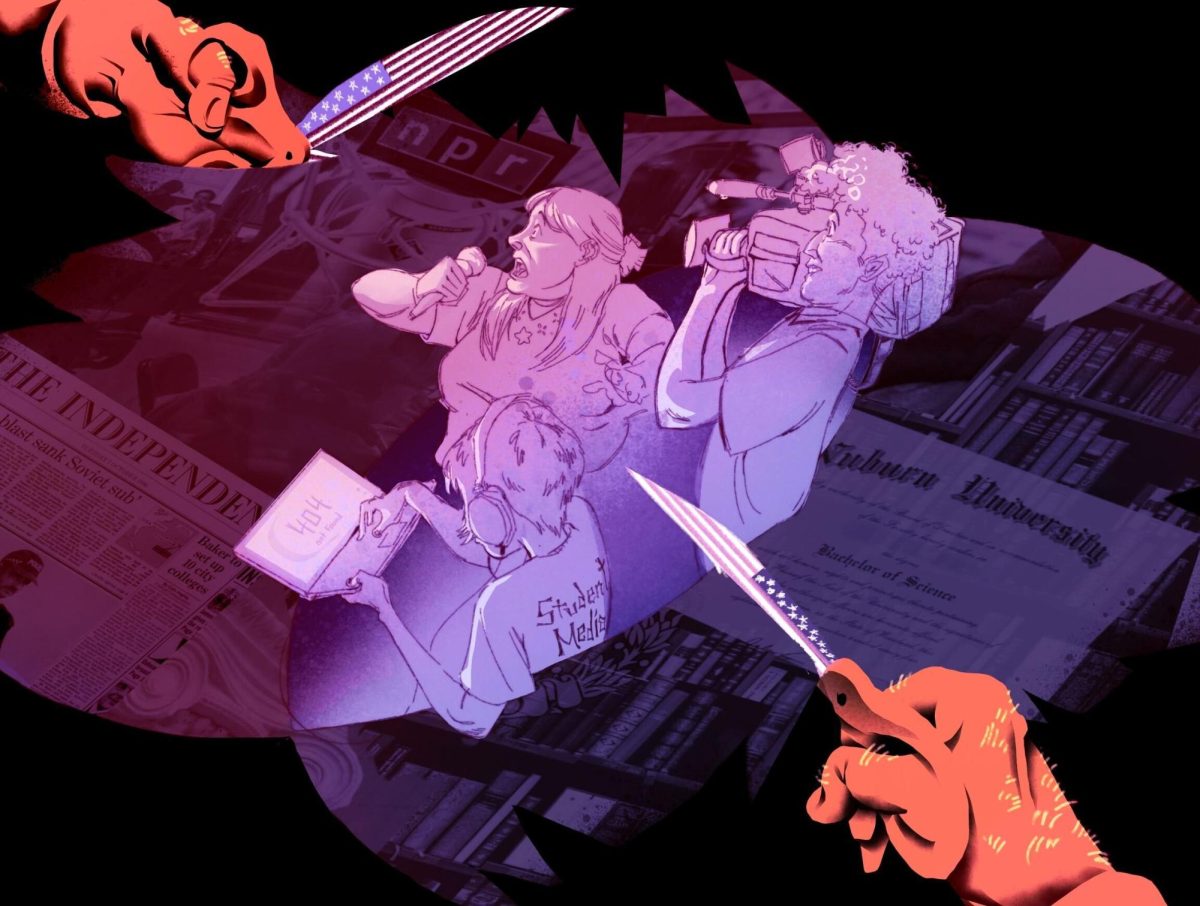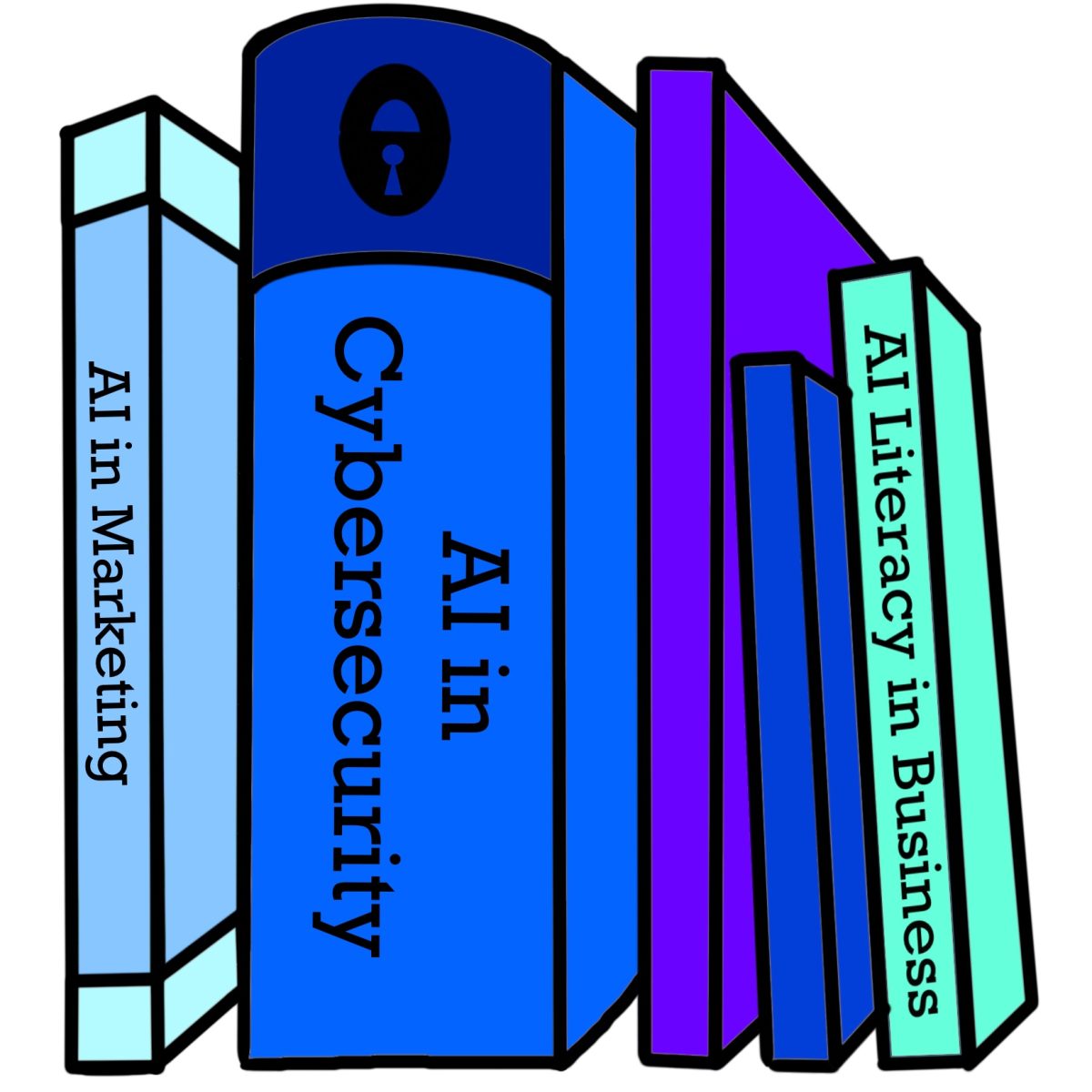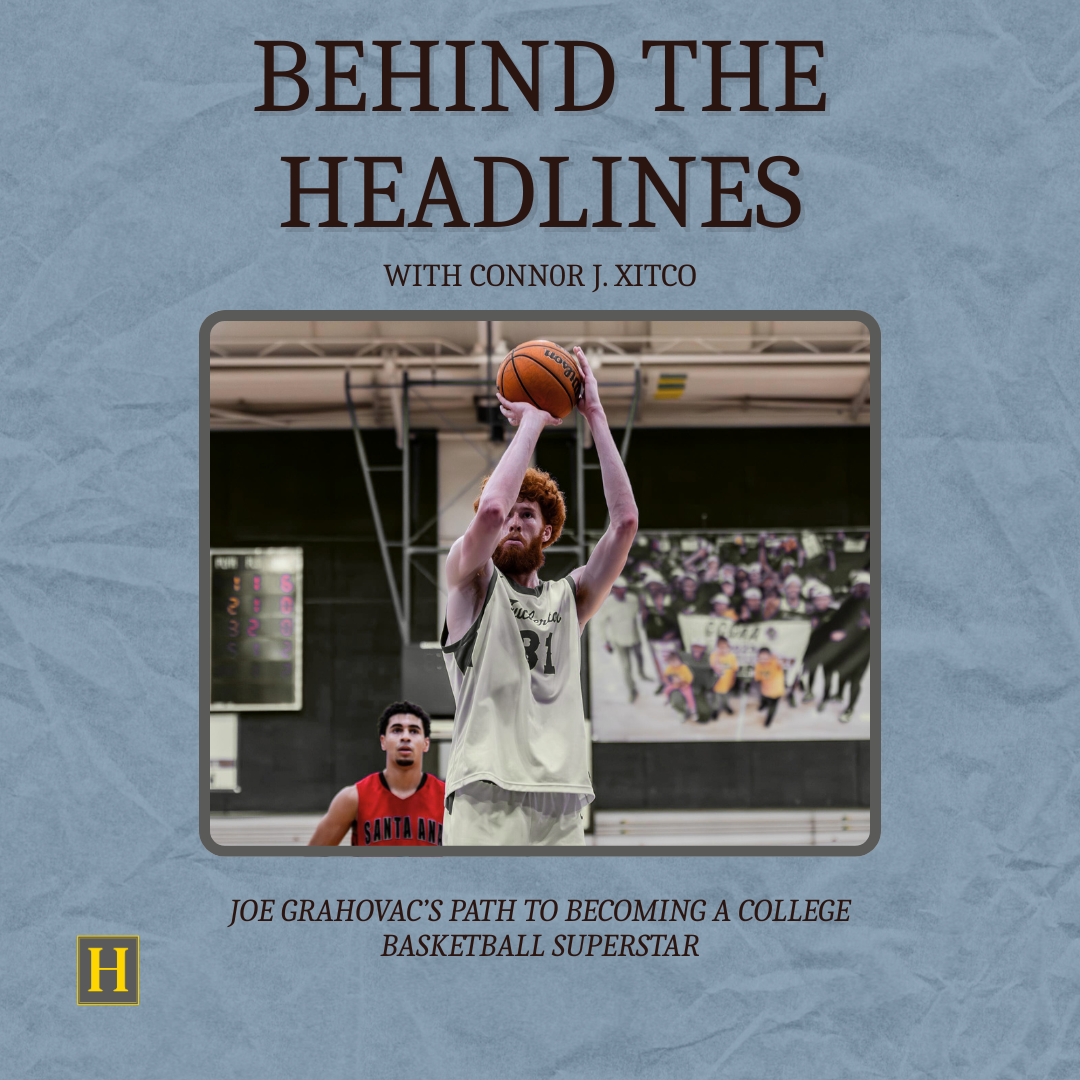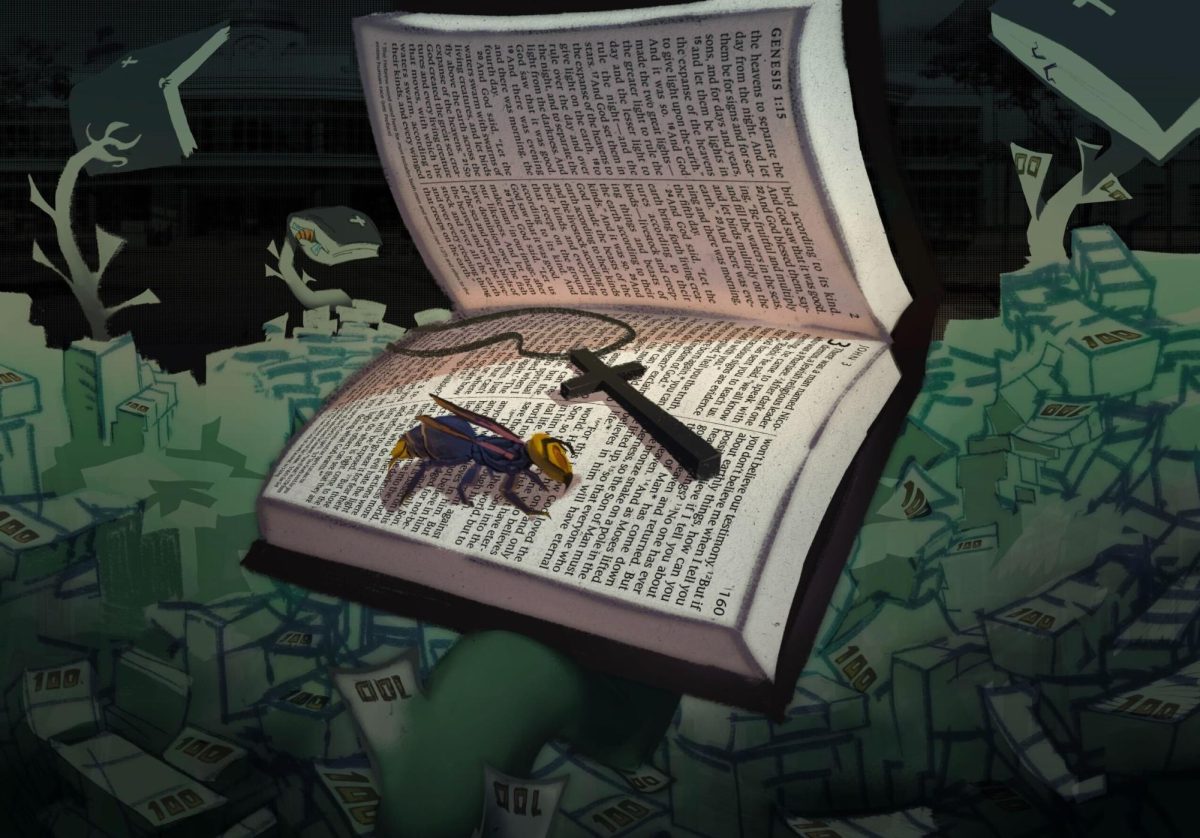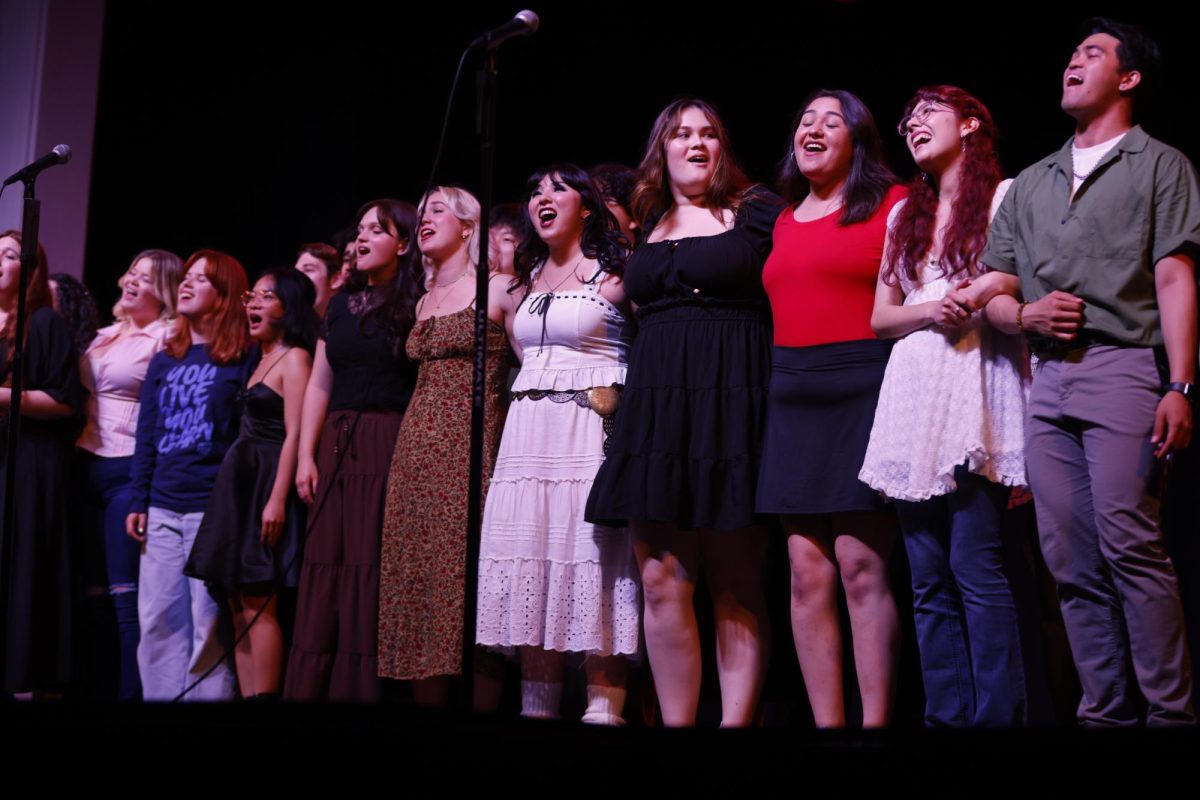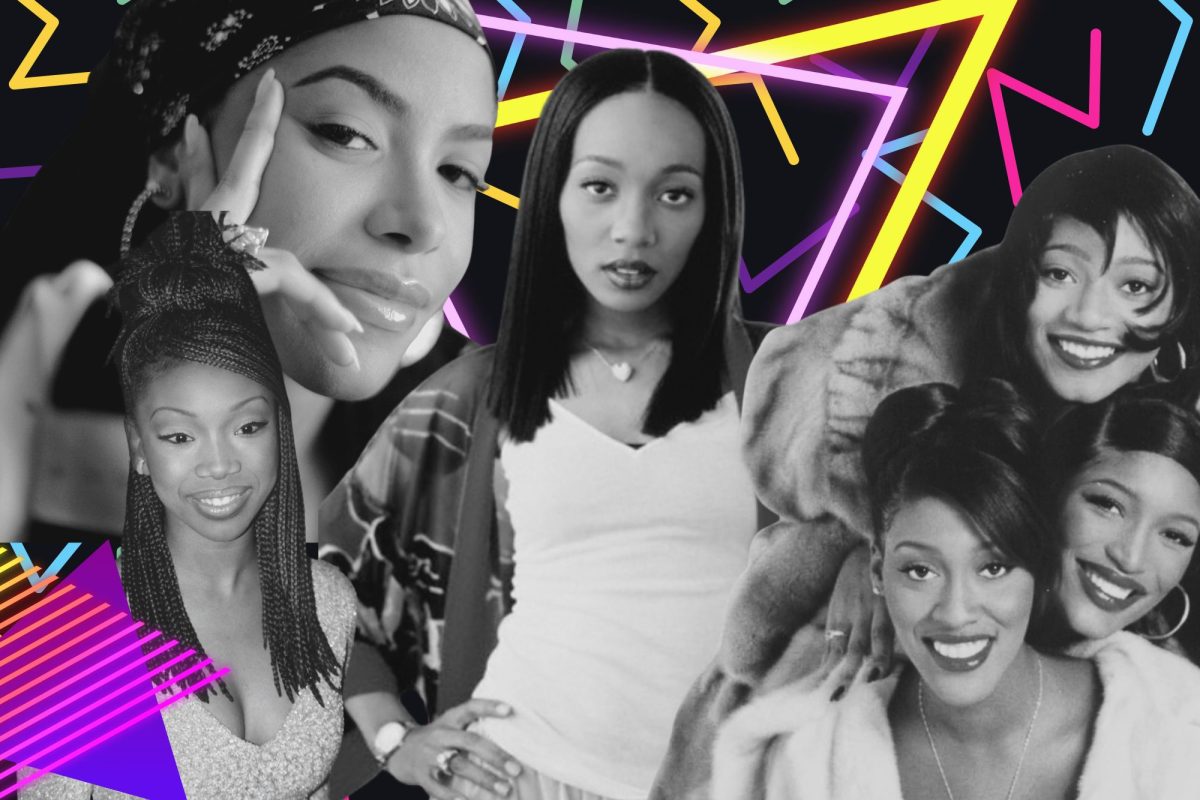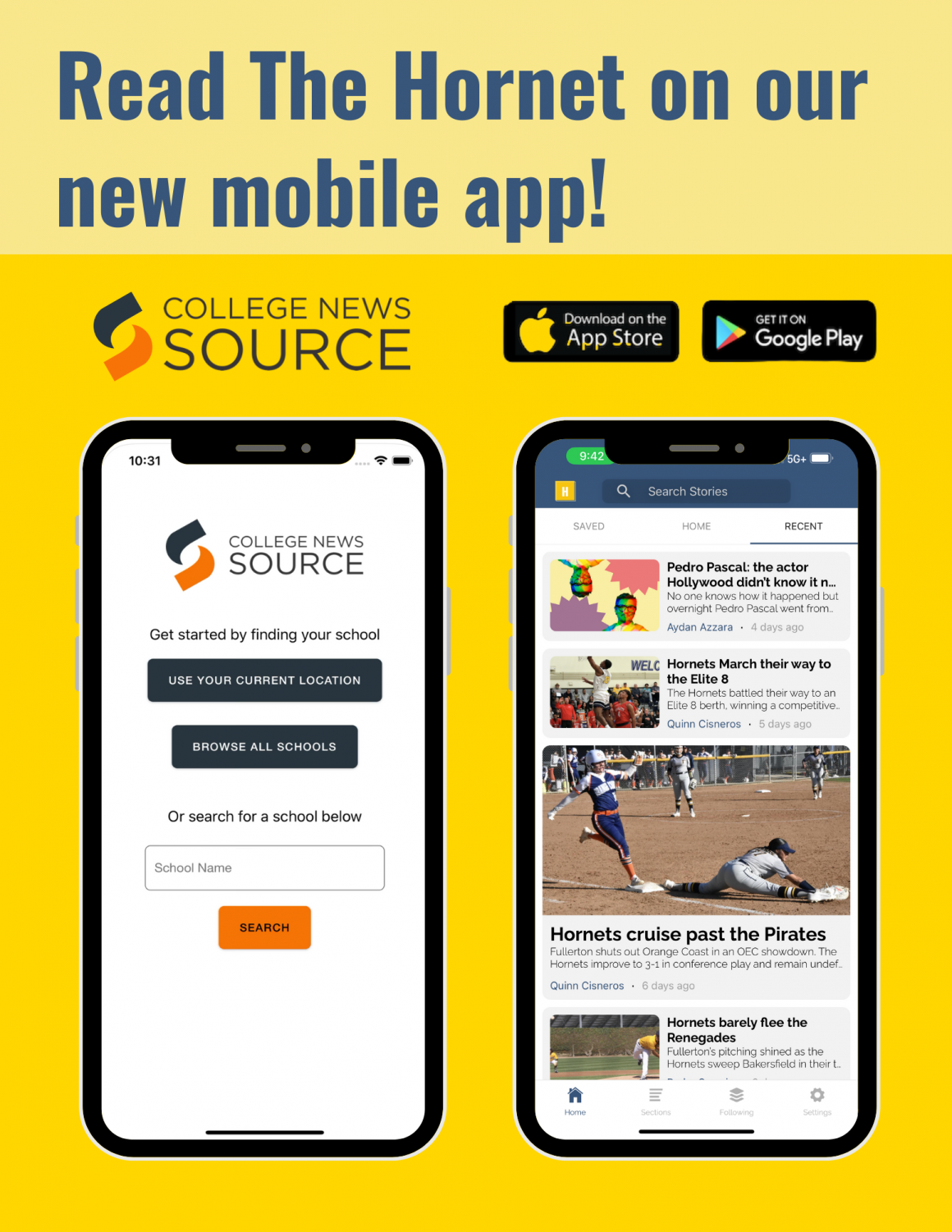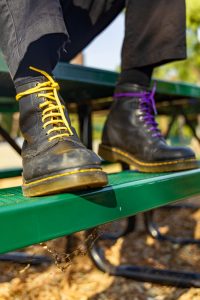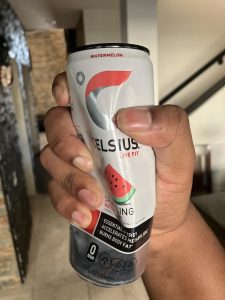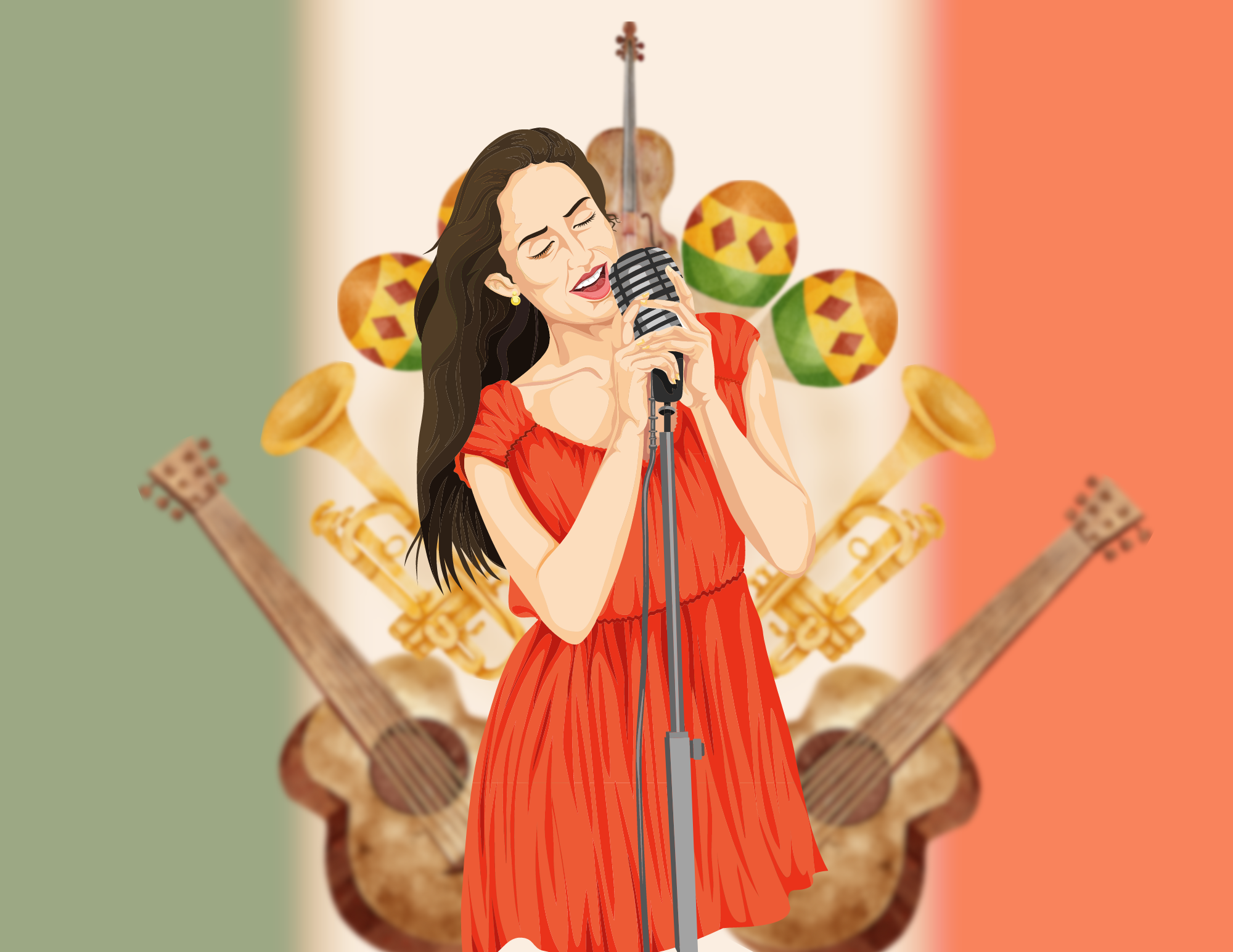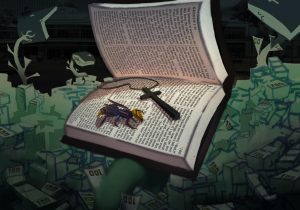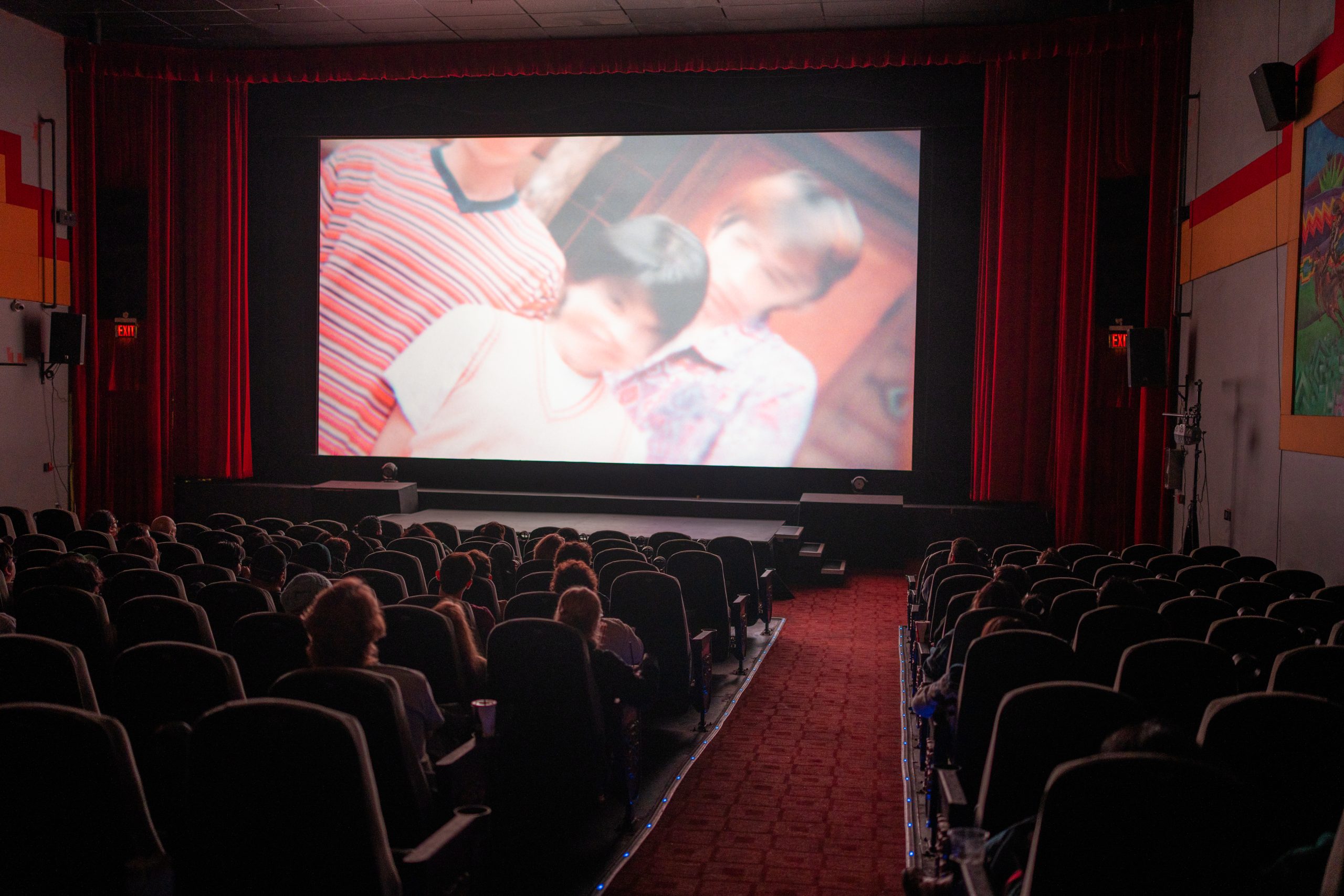Opinion: NCAA needs to stop hiding behind NILs
Recent law passed allows college athletes to gain financial compensation. In the past, “pay for play” was considered taboo and ruined careers in the realm of amateur sports. Photo credit: Jake Rhodes
March 1, 2023
If you watch college sports, the term NIL has been thrown around in the last year or two quite often. NIL stands for name, image, and likeness, and it applies to student-athletes being allowed to make deals and money in advertisements based on anything that applies to them as an individual.
For decades, “pay for play” was considered taboo and ruined careers in the realm of amateur sports. When California Gov. Gavin Newsom signed the groundbreaking Senate Bill 206 in September 2019, which made NIL legal, the way collegiate athletics operated changed forever.
Until this law went into effect in 2021, student-athletes were limited to an academic scholarship and a stipend for food due to the fact that they were amateurs. College athletes were supposed to play for “the love of the game” and nothing more, even while the administrators had turned college sports into an industry that generates over $19 billion per year in lucrative TV deals, tickets from 80,000-seat cathedral stadiums, and sponsorships galore.
So, now that states like California are legalizing NILs, it sounds like athletes will have more control and make loads of money. However, not all athletes will be getting the money they deserve, and they will be at risk for being exploited by corporations.
“I believe student-athletes should have every right to make money off their name, image and likeness,” said Fullerton College Men’s Basketball Head Coach Perry Webster. “In America, I believe people of all walks of life make money based off of their talent, and we shouldn’t restrict college athletes from making money that they are capable of earning.” Even under the new law, Juco athletes like Webster’s players still can’t legally be paid in NILs.
Webster calls for more standardized rules to protect student athletes as well as the companies investing in them. “I would like to see some set of guard rails placed, so that students, schools, and sponsors can work in a more above-board way, with more transparency to make sure we are doing it in a fair way for all involved.”
That is the common talking point, yet the NCAA remains quiet. For an organization that has been around over 115 years and allegedly full of highly educated leadership, they were not prepared for how big of a deal this would become.
As athletes are now starting to make money off of their NILs, there are no rules and regulations in place to protect the athletes, or anyone involved. That’s what will happen when you are unprepared and, frankly, pass the ticket onto someone else.
The NCAA is lobbying Congress to step in and create a national set of rules or boundaries for NIL deals. Because this wasn’t thought of beforehand, and Congress isn’t exactly known for moving fast on issues, it’s leading to a crisis in the NCAA as student-athletes are ricocheting between teams to try and snag the best NIL deal.
The transfer portal is a space where student-athletes can leave their current university to transfer and play somewhere else the following season. Within three days of the transfer portal opening last December, 1,328 student-athletes had entered the portal, 850 of them coming from Division I football programs. Those high numbers of transfers lead to instability on teams because it’s making it harder for coaches to retain players.
This amount of money being thrown around without proper guidelines is also leaving businesses unprotected when they pay athletes who end up getting injured or don’t become household names in the region they’re in.
But most importantly, is the risk for athletes. While they are making money, they are not allowed to hire agents because they are amateurs. There are very few collegiate programs that have people in place to help players with the taxes that come with making money. On top of that, they don’t have any financial guidance on how to budget or make their money grow like the NFL has.
In other words, players are getting low balled in the NIL deals they’re signing.
In reality, the NCAA should be paying the athletes themselves, not relying on others to do it for them. Athletes could be treated as employees like in professional sports leagues. They should receive full health benefits, have representation and regulations on how much they can make based on how much their specific sport generates in revenue. For example, if Alabama football generates $109 million dollars in revenue and Alabama gymnastics generates $1.2 million dollars in revenue, the athletes won’t be paid the same. However, they will be paid for their value aside from their scholarship, and that seems fair.
Another positive of steady income for collegiate athletes is the academic benefit for the student-athlete. For a young person whose family has had financial instability their whole life, why would they play four years in college with no financial gain when they could just play for one season and go to the NBA to make instant money? If the athlete was being paid in college, they could then help their family and earn a degree which affects future generations.
According to Jay Bilas, a former Duke University basketball player and current commentator for ESPN, you could go with a salary cap system, citing the NBA and MLB. Those numbers are based on the players getting 50% of league revenue. The NCAA isn’t paying a dime out of its pocket now. It would be far-fetched for them to go from paying athletes 0% of their revenue to 50% of it, but they could at least start with something.
The ball is in the NCAA’s court. As their power dwindles, the NCAA can make one last push to do the right thing, share some of the sugar. If the NCAA can’t figure it out, they will cease to exist, which may not necessarily be the worst thing in the world.

